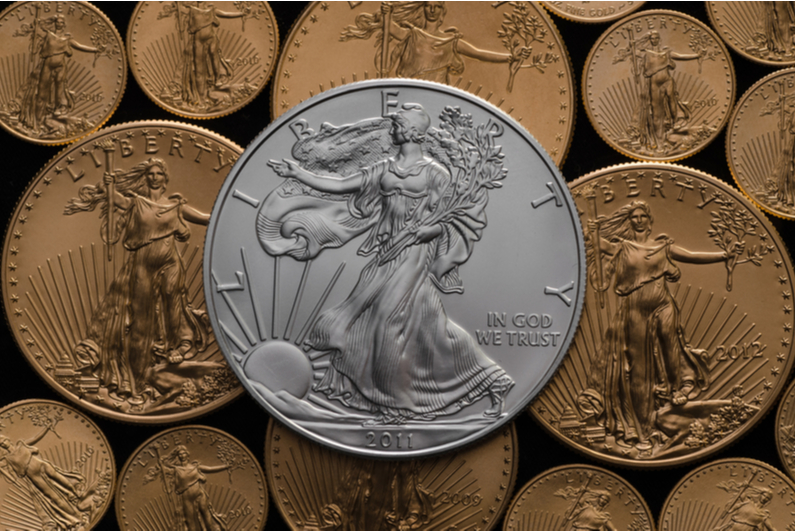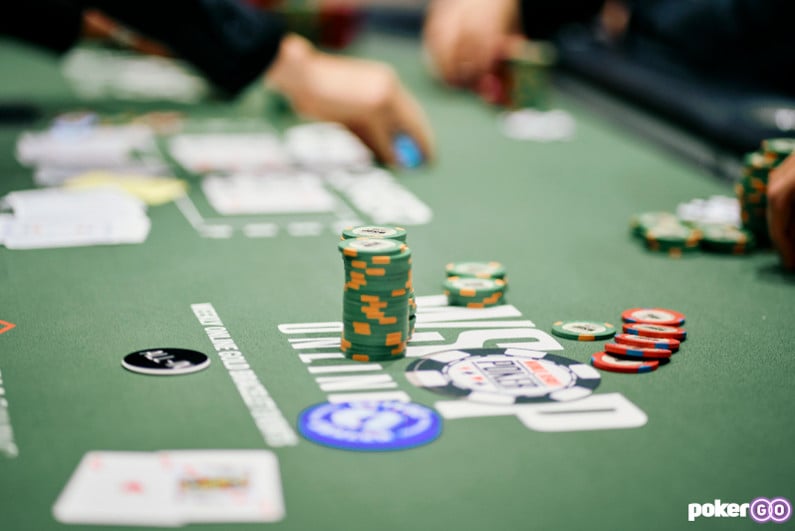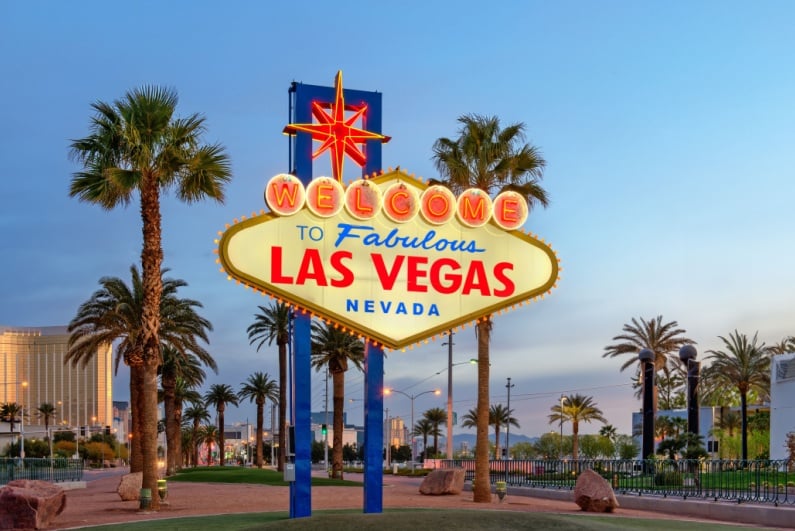Cash for gold?
The debut of a new live tournament series over the weekend was a welcome sight to those who had missed live poker during the pandemic, but confusion and poor planning when it came to payouts put its future in question. Because of state regulations, the $1,100 buy-in Midway Poker Tour Main Event at the Sheraton Suites Chicago Elk Grove had to pay portions of its prizes in silver and gold, rather than actual money.
The 31 players who made it through the first two flights to Sunday’s final day were guaranteed at least a $2,300 payday. There was a catch, though. The poker tournament was run in conjunction with the 4 KIDS Sake, Inc. charity. Per state charity gambling regulations, the maximum payout anyone could receive was their buy-in plus $500.
most players had no idea that prize distribution was going to be setup this way
The difference between the $1,600 and a player’s prize was to be paid out in precious metals, literal silver and gold bricks and coins. The idea was for the players to then be able to exchange them with a precious metals dealer nearby for cash.
It appeared that most players had no idea that prize distribution was going to be setup this way. The tournament structure sheet mentioned nothing about alternate payment methods.
Players couldn’t make exchange on-site
The planned cash/precious metals payout combination would have been an inconvenience, but things got worse when a representative form the state Attorney General’s office arrived. Terence Shiel’s primary goal was to make sure that all the precious metals necessary to make payments were available.
the metals-to-cash exchange could not be done with someone who was on-site
He found two problems. The first was that it was not all there. Tournament organizers planned to reuse the gold and silver to pay players after others cashed theirs in. That was not allowed, according to Shiel. The second issue was that the metals-to-cash exchange could not be done with someone who was on-site.
To try to solve the problem, tournament organizers bought $208,000 worth of precious metals from Andy Mettille, co-owner AMPM.999, located in Wisconsin. Players would then get their prize and be given the contact information of someone they could turn around and sell the gold and silver to. In the end, though, there was no buyer.
Most players were likely underpaid
The situation was already bad enough for players, but it got worse when they began researching the price of the precious metals they were receiving. The silver coins were purchased for about $35 each. Not all were actually worth that much, though. That would not have been a problem if the precious metals dealer was on hand to just buy them back, but now players had to go find someone to whom to sell the coins and were unlikely to get the full prize value for them.
It took a while on Sunday for players to realize what was going on. With ten players remaining, the tournament was paused while the players searched for answers. According to reports, nobody with any authority was both present and of help. Midway Poker Tour employees were nowhere to be seen, charity staff didn’t know anything about poker tournaments, and the Attorney General’s office representative was simply satisfied that all the prize money was available, regardless of its form.
As often happens at the end of poker tournaments, the players discussed chopping the remainder of the prize pool, but they were concerned about how to handle distributing the silver and gold. As such, they just played it out, with Renato Spahiu eventually winning the top prize of $55,060.




